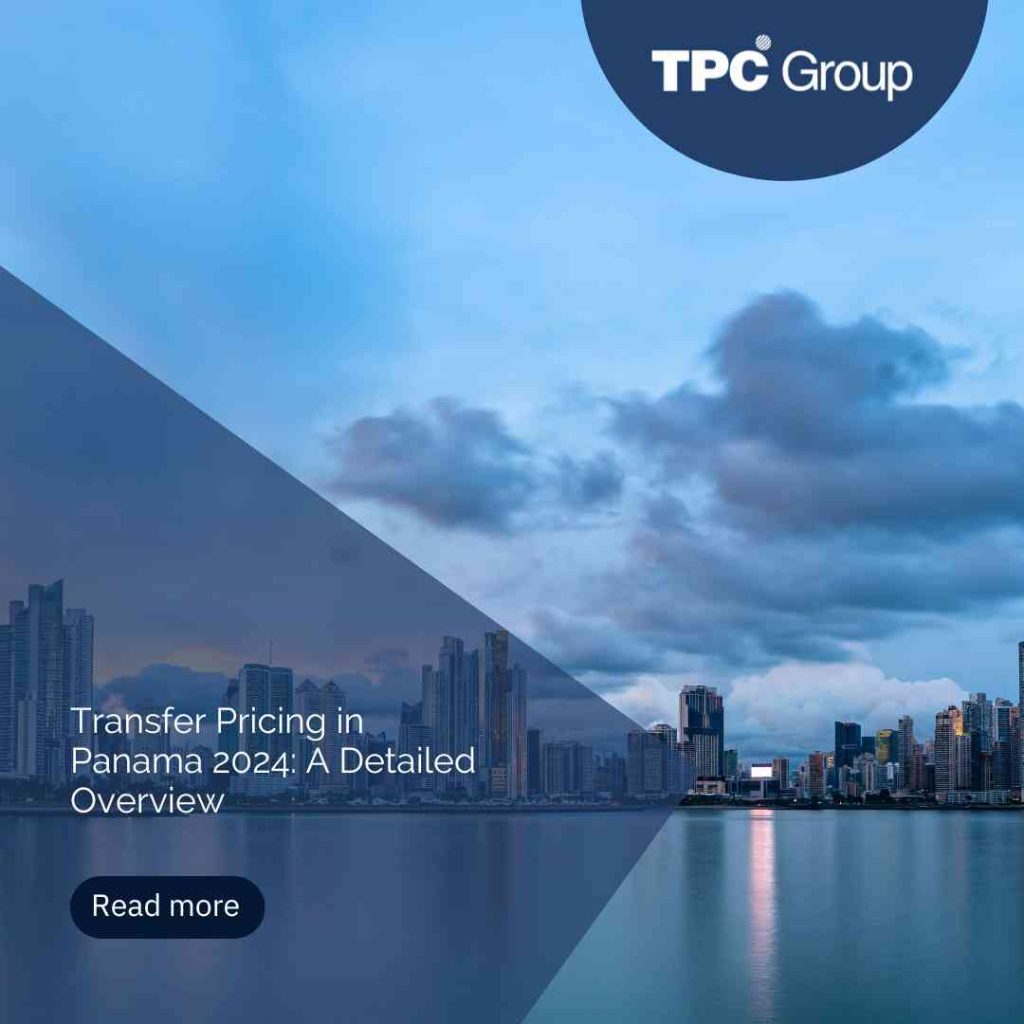In Panama, the Transfer Pricing regime continues to evolve, strengthening obligations for companies and adjusting documentation and tax compliance expectations. As global operations become more interconnected, the DGI (Dirección General Impositiva – General Directorate of Taxation) particularly emphasizes ensuring related party transactions are transparent and compliant with the Arm’s Length Principle.
Current Obligations
Companies in Panama must comply with several key obligations under the Transfer Pricing regime. Among them, the filing of the Transfer Pricing Report (Form 930) and the Transfer Pricing Study stand out. The former must be filed annually within six months after the fiscal year closing, while the latter when requested by the DGI. In addition, any member entity of a multinational group and is fiscally resident in Panama must file a Country by Country Report if its consolidated income exceeds 750 million euros.
New Incorporations and Legal Amendments
Since 2019, considering the introduction of Article 762-L of the Tax Code, even entities enjoying a zero-income tax rate and located under special regimes, such as Free Trade Zones, must comply with Transfer Pricing rules for all their local or international operations.
Sanctioning and Taxation Aspects
Failure to comply with Transfer Pricing obligations may result in severe penalties. In addition, if transactions do not reflect adequate market margins, the DGI may adjust the price or profit margin, which could include additional audits and adjustments to tax returns.
Advance Pricing Agreements (APAs)
A notable development in Panamanian legislation is the facilitation of Advance Pricing Agreements (APA). This mechanism allows companies to obtain prior certainty on the prices of transactions between related parties for a specific period. The request for an APA must include detailed information on the transactions, the proposed pricing methodology, and other relevant data to ensure transparency and compliance with tax regulations.
Conclusions and Recommendations
Due to constant amendments and a complex tax environment in Panama, companies operating in multiple jurisdictions must keep updated with their Transfer Pricing obligations and consider expert advice to navigate the regulations effectively. Proper implementation of Transfer Pricing policies not only complies with legal requirements but also minimizes tax risks and potential penalties.
In summary, Transfer Pricing regulations in Panama continue to strengthen, requiring companies to be more diligent and accurate in their compliance. With the proper understanding and management of these regulations, companies can ensure tax-efficient and transparent operations.




